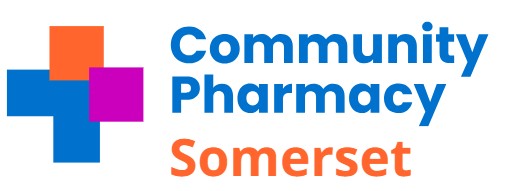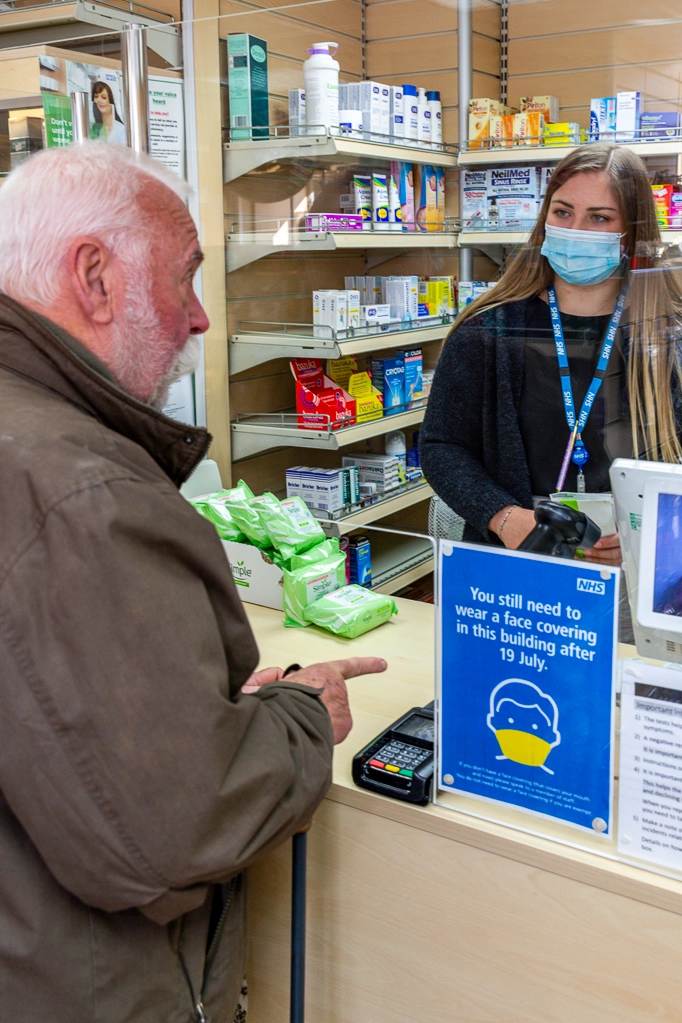Medicine Shortages
Published on: 25th October 2019 | Updated on: 3rd October 2022
Shortages of medicines are becoming an increasingly frequent issue that can hinder pharmacy teams’ efforts to dispense medicines in a timely manner. Community Pharmacy England is very concerned about the impact that current supply problems are having on pharmacy teams’ workload and about the potential impact on their patients.
The Department for Health and Social Care (DHSC) produces a monthly update of shortages for primary and secondary care, this can be found on the Specialist Pharmacy Service (SPS) website.
Please report any new medicine shortages not listed on the SPS website using our online reporting form if you have not been able to source stock of a medicine from any supplier or manufacturer. The Community Pharmacy England medicine shortage reporting form is intended for use by primary care teams only. Information on the reported medicine may be shared with the DHSC’s medicine supply team.
If a medicine is not affected by a shortage but is unavailable to purchase from your supplier(s) at or below the Drug Tariff listed price, please report the pricing issue to Community Pharmacy England to consider a request for a price concession.
Unlicensed specials
If a prescription requests a licensed product which is unavailable due to shortage or supply issue, an unlicensed product cannot be dispensed against such a prescription unless the prescriber has specifically ordered this on the prescription. Where a prescriber considers an unlicensed product appropriate for a patient, the prescription must be written accordingly. EPS prescriptions need to state;
- ‘Drug Tariff special order’ if the alternative product is in Part VIIIB, or
- Import (Country) if available as an Import; or
- ‘Special Order’ in the prescribing line.
Pharmacy teams are reminded that where a prescriber wishes you to dispense an import, prescriptions must be annotated ‘Special Order’ in the prescribing line. All prescriptions for unlicensed medicines should be placed in the red separators for the end of month submission.
With EPS prescriptions, prescribers must select the Actual Medicinal Product (AMP) entry for Special Order where listed. If no option for Special Order is available, a paper prescription should be obtained if the prescriber wishes to issue a prescription for an unlicensed product – written as ‘product name (Special Order)’. If a prescriber adds supplementary information for example ‘unlicensed special’, ‘sugar-free’ or a brand name into another field (for example the dosage instructions) and that ‘changes the prescribed product’, this will not be taken into account for reimbursement purposes.
A prescription calling for the unlicensed product not in Part VIIIB of the Drug Tariff, should be endorsed as follows:
- Quantity dispensed
- Pack size
- Price per unit less any discount/rebate
- Manufacturer/importer MHRA license number
- Batch number
- Specials procurement fee endorsement of ‘SP’
Once the prescription has been appropriately endorsed, it should be placed in the red-separator.
Manufacturer stock availability updates
Serious Shortage Protocols (SSPs)
In some circumstances, where a shortage of a medicine is severe, pharmacists may be able to follow a Serious Shortage Protocol (SSP) issued by the Government to provide patients with an alternative product or quantity to their original prescribed treatment; but in other cases they may need to refer a patient back to their prescriber to find an alternative product to ensure they receive treatment as quickly as possible. Click here to view the latest Serious Shortage Protocols (SSPs).
Possible causes of shortages
We know that supply issues can occur due to a range of unforeseen events and may be down to a combination of factors including:
- Manufacturing issues or disruption
- Capacity issues
- Commercial withdrawal
- Intervention in market mechanisms in the pricing of medicines and drug reimbursement
- Drug recalls and quality issues
- Availability of raw ingredients including active pharmaceutical ingredient (API) shortages
- Increased demand
- Distribution and logistical problems
- Excessive parallel exporting due to currency fluctuations – less favourable exchange rates
- Unexpected national demand
- Stockpiling and panic buying
- Supply quotas
Further Resources
A guide to managing medicines supply and shortages (DHSC and NHSE&I)
Reporting generic pricing issues
Information on medicines supply for patients



